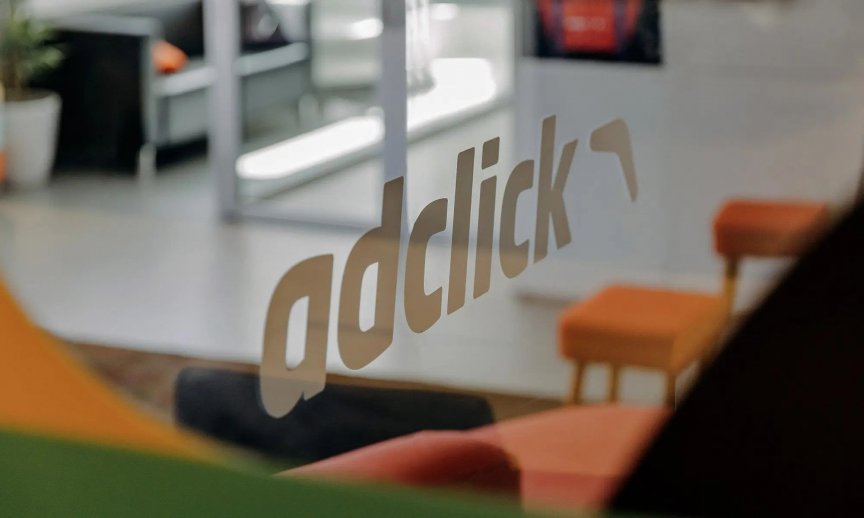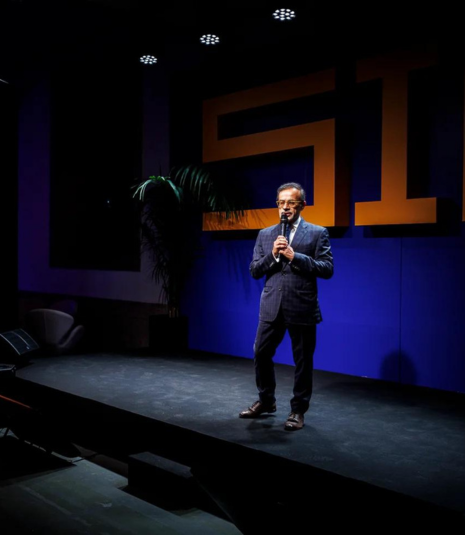Brands - from recognition to loyalty with Paid Media
By Nuno Soares, CEO of Adclick

In today's hyper-connected digital world, the relationship between paid media, brand recognition and consumer loyalty has undergone a significant transformation. The days when brands relied solely on traditional advertising channels to establish their presence and build loyalty among consumers are behind us, now encompassing various forms of advertising such as search ads, display, sponsored content and social media promotions. With the advent of digital platforms, new opportunities have emerged that bring both benefits and challenges.
Brand recognition acts as a crucial foundation for nurturing consumer loyalty, since when familiarised with a brand, they are more likely to consider it when making purchasing decisions. The trust and credibility installed by brand recognition creates a sense of familiarity and security, offering consumers a perceived value that goes beyond the simple product or service. These aspects are the basis for increasing sales and it is imperative to communicate with the aim of establishing deeper connections with your audience. However, in an era marked by almost unlimited access to information and the amount of stimuli to which each person is subjected at every moment, the attention span of the human being is decreasing and, therefore, it is increasingly difficult to guarantee brand recognition and consumer loyalty.
It is precisely in these aspects that brands face the greatest challenges. Organic reach on social media is decreasing, and it is increasingly difficult and time-consuming to reach the first pages of search engines. This is why it is essential to include a paid media strategy in strategic planning. However, it is not enough to create a few paid adverts to be successful. It is extremely important to have a well-defined digital strategy that allows you to outperform competitors and remain present in the minds of consumers. The ability to personalise content and take into account the needs and wants of different target audiences is crucial in this type of strategy, and it is also imperative to correctly identify the personas that best represent them. This process is often used to identify different user profiles more easily and thus develop a convincing value proposition tailored to each one.
This way of working will lead to an increase in visits and interaction, resulting in greater sales opportunities, making paid adverts offer an immediate and lasting solution to increase recognition and generate results.
When considering these types of solutions, platforms like Facebook Ads and Google immediately come to mind. Facebook has more than 2 billion users worldwide (more than 8 million in Portugal), while Google's search and display networks reach 80% of people browsing the internet. However, other channels should not be neglected. LinkedIn ads are often associated with corporate recognition campaigns, while Pinterest offers a significant focus on inspirational campaigns, whose users show distinct behavioural patterns. TikTok adverts have also gained prominence. With new platforms emerging, different digital behaviours and distinct individual profiles, the choice of platform and how the message is communicated is crucial.
Consumers are increasingly sensitive to online advertising and readily reject anything that does not look real. To cultivate consumer loyalty in the digital age, brands must prioritise creating memorable experiences. Consumers crave authenticity, meaningful interactions and added value beyond the product or service itself.
In this way, paid media strategies play a significant role, as they allow campaign performance to be measured, brands can optimise their strategies based on metrics such as impressions, clicks, conversion rates and more. Analysing this data allows campaigns to be fine-tuned and ensures that the end result translates into an approach to building customer loyalty. Analysing campaign results in detail with CRM information enables retargeting and remarketing. This type of strategy allows you to impact consumers who have previously interacted with the brand, and while helping to reinforce their own recognition, it also allows you to deliver a consistent message whose purpose may be to encourage them to return, complete actions or make a (re)purchase.
The relationship between paid media, brand recognition and consumer loyalty has entered a new phase in the digital age. Platforms offer brands unrivalled opportunities to connect with people, creating lasting impressions and feelings, ultimately building strong relationships. As companies navigate this dynamic landscape, they must prioritise authenticity and transparency themselves. In doing so, they can evolve beyond transactional interactions, nurturing loyal customers who champion the brand. At a time when consumers have an almost infinite panoply of choices and a fleeting attention span, brands that genuinely connect with their audience will stand the test of time and thrive.




